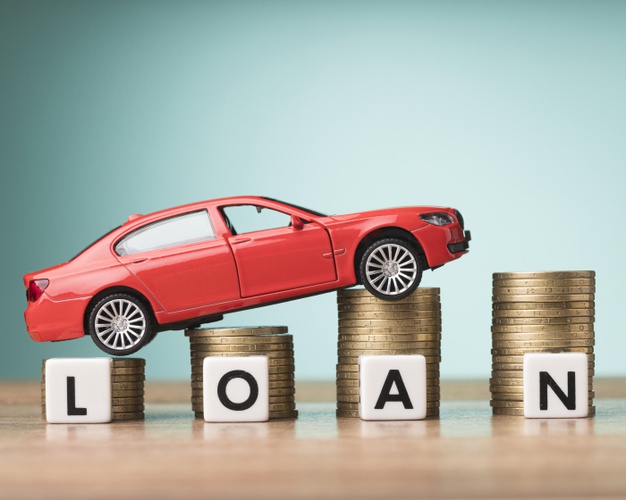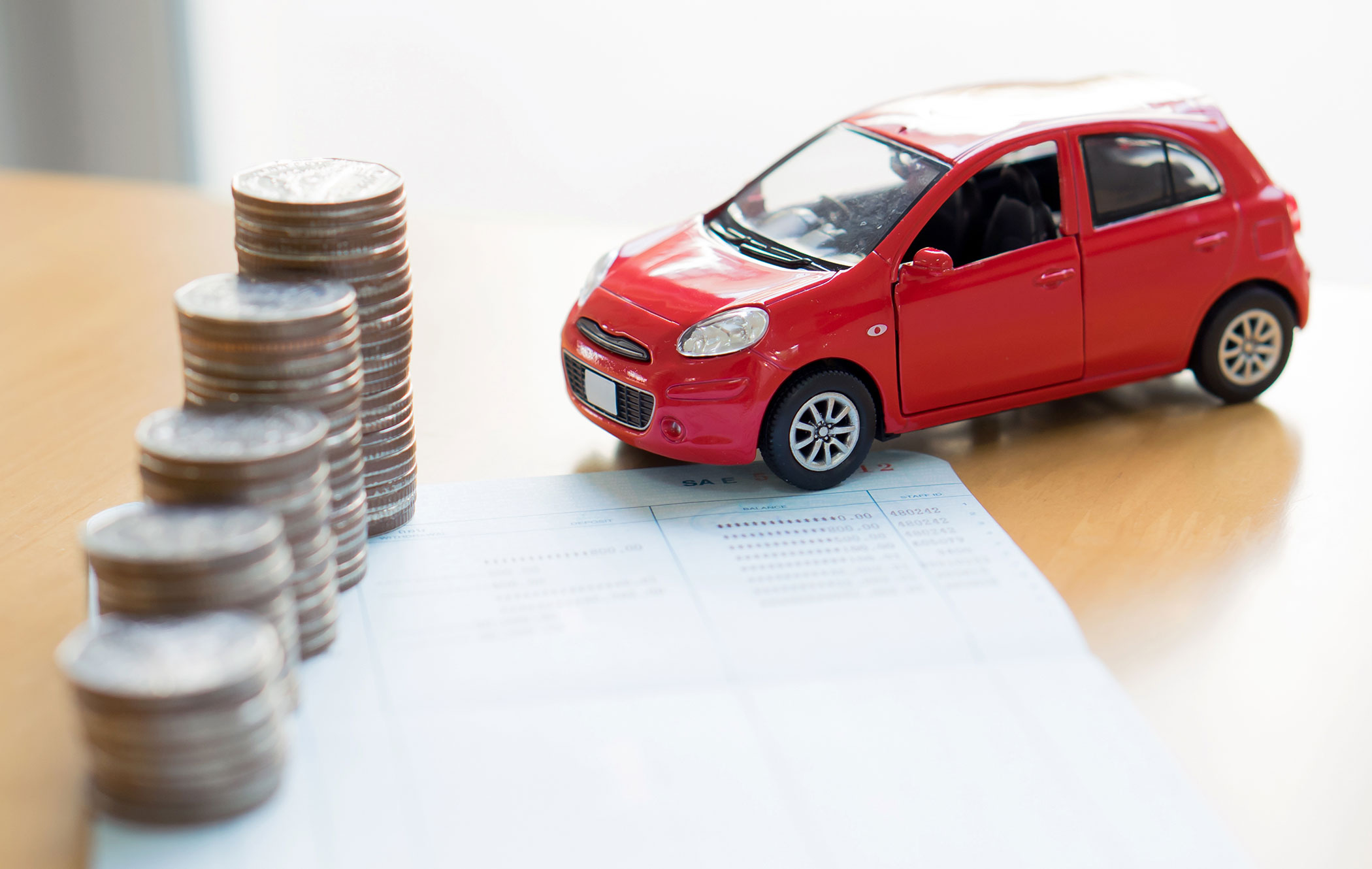5 Ways to Finance Your Car: Easy Guide

When it comes to purchasing a car, whether new or used, most people aren't able to pay the full amount upfront. This means exploring financing options becomes necessary. Understanding the different methods to finance your car can help you make an informed decision, ensuring you get the best deal while keeping your financial health in check. Here are five ways to finance your car:
1. Auto Loans from Banks or Credit Unions

One of the most traditional ways to finance a car is through an auto loan from a bank or credit union:
- Interest Rates: Usually competitive, especially if you have good credit.
- Loan Terms: Can range from 12 to 84 months, allowing flexibility based on your repayment capacity.
- Credit Check: A good credit score can secure you lower rates, but even with lower scores, you might still get a loan, albeit at a higher interest rate.
🔍 Note: Always shop around for the best rates. Online calculators can help estimate your monthly payments based on different loan terms and interest rates.
2. Dealership Financing

Many car dealerships offer in-house financing, which can be particularly appealing because:
- Convenience: You can secure financing right at the point of sale.
- Special Offers: Dealerships often have promotions or manufacturer incentives that can reduce your interest rate or offer cash rebates.
- Credit Flexibility: Some dealerships cater to customers with varying credit scores, providing financing options to those who might struggle with banks.
3. Personal Loans

Instead of a car-specific loan, you might opt for a personal loan:
- Usage Flexibility: You’re not restricted to buying a car; personal loans can be used for various purposes.
- Rate Comparison: Personal loan rates can sometimes be lower, depending on your credit score and relationship with the lender.
- Ownership: With a personal loan, the lender doesn’t put a lien on the car, which can be beneficial if you decide to sell or trade the vehicle before the loan is paid off.
💡 Note: Although personal loans don't require collateral, they might have higher interest rates than secured car loans.
4. Leasing

Leasing is an alternative financing method where:
- Lower Monthly Payments: Typically, your monthly lease payments will be less than if you were buying the car.
- Newer Models: Leasing allows you to drive a new car every few years with minimal hassle.
- End-of-Lease Options: You can buy the car at the end of the lease or simply return it and upgrade to a new model.
| Pros | Cons |
|---|---|
| Lower upfront cost | Mileage restrictions |
| Regular upgrades to new models | You don't own the car at the end unless you choose to buy it |
| Typically lower maintenance costs | Overall cost might be higher than financing due to continuous payments |

5. Credit Cards

While not the most common or advisable for financing a vehicle:
- Introductory Offers: Some credit cards offer 0% introductory APR for a specific period, which can finance a car purchase if you pay it off before the regular interest rate kicks in.
- Points and Cashback: Using a credit card might earn you points or cashback, which can be used for future expenses.
- High Limits: If you have a high credit limit, you might finance a significant portion of the car’s cost with a credit card.
🚨 Note: Financing a car via credit card can lead to high interest rates if not paid off quickly. It's generally not recommended for long-term financing.
In closing, financing a car can be tailored to your financial situation and what you're looking for in terms of ownership, convenience, and future plans with the vehicle. Auto loans from banks or credit unions provide a traditional route with potentially competitive rates. Dealership financing offers convenience and special deals, while personal loans give you flexibility in usage. Leasing caters to those who prefer driving newer cars every few years, and though risky, credit cards can work for short-term financing or as part of a broader financing strategy. By understanding these options, you can better navigate the journey to car ownership, ensuring that your decision aligns with your financial strategy and lifestyle.
What should I look for in a car loan?

+
When looking for a car loan, consider the interest rate, loan term, down payment, and the total amount you’ll pay over the loan’s life. Also, check for any prepayment penalties, and read the terms for conditions like early payoff.
Is leasing a car a good option if I want to own it eventually?

+
If ownership is your goal, leasing might not be the best choice as you’ll pay for the car’s depreciation, not the full value. However, you can often buy the car at the end of the lease at a pre-agreed price, which might be competitive.
How does my credit score affect financing a car?

+
Your credit score can significantly impact the interest rates and terms you’ll receive. A higher score often means better rates, while lower scores might lead to higher rates or less favorable loan terms, or even loan rejection.